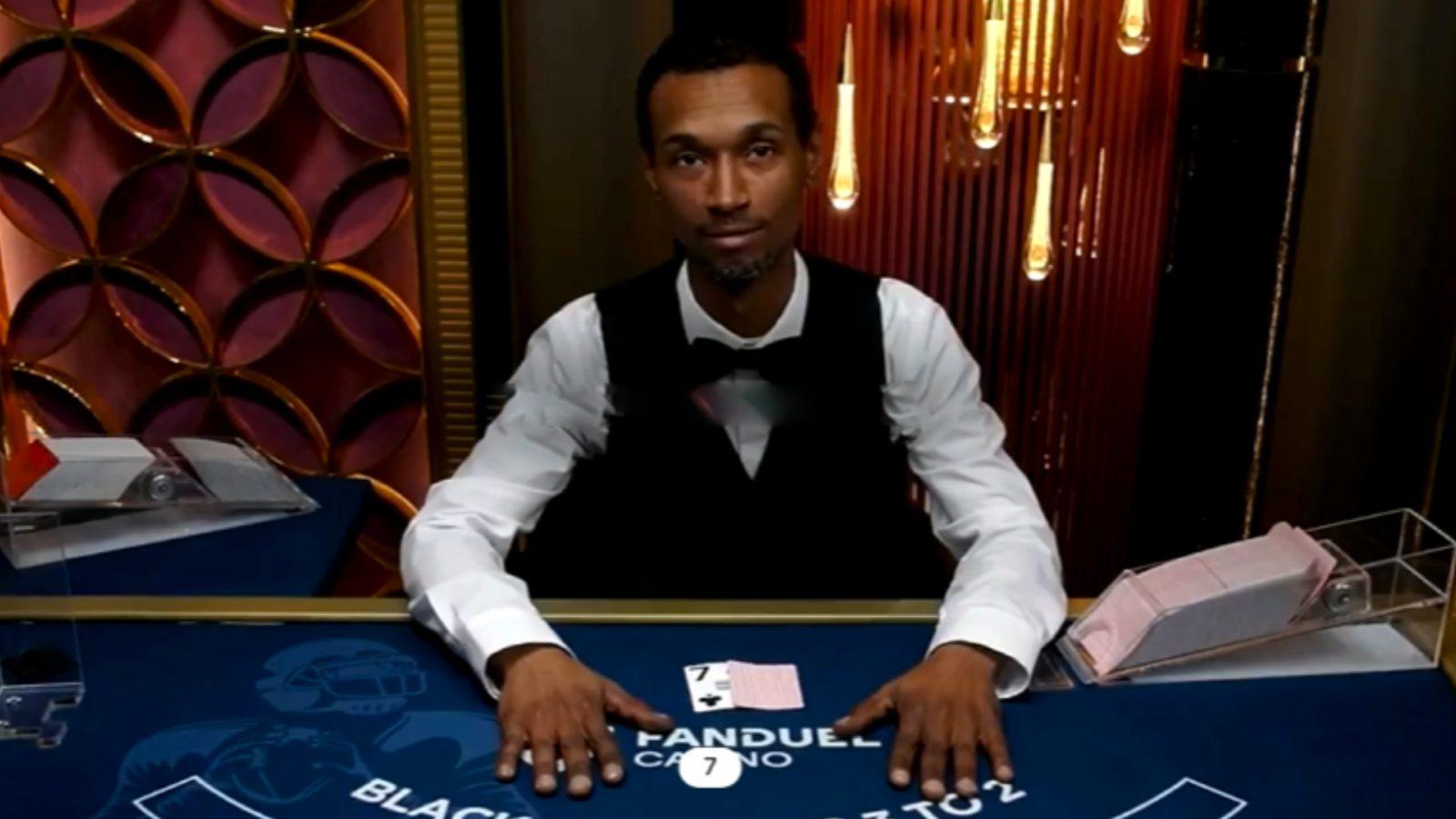EA compares loot boxes to children’s toys – “they’re ethical and enjoyable”
Gaming giant Electronic Arts has been embroiled in a gambling controversy over the past few months due to its loot box implementation in its games. Now, the company insists that the boxes are like children’s toys – completely “ethical” and “enjoyable.”
[ad name=”article1″]
The ‘are loot boxes a form of gambling?’ debate has been taking centre stage for a few months now, with many taking issue with how big companies like EA are implementing the boxes in their games by locking content behind a paywall.
One of the biggest concerns is that some people, especially younger players, could find addictive qualities in the systems, turning what should be a simple pay-to-play loot box into a gambling nightmare. During a spoken evidence session with the UK Parliament’s Digital, Culture, Media, and Sport Committee on June 19, EA compared their loot boxes to children’s toys.
 Should loot boxes be considered a form of gambling?
Should loot boxes be considered a form of gambling?Loot boxes are “ethical” and “enjoyable”
When asked whether she considers loot boxes to be an ethical feature of EA’s games, the company’s VP of legal and govenment affairs Kerry Hopkins detailed how the company doesn’t call loot boxes by that name, and instead refers to them as “surprise mechanics.”
“If you go to a store that sells a lot of toys, and you do a search for ‘surprise toys’, what you’ll find is that this something that people enjoy.” Hopkins states, as she goes future into EA’s views. “People enjoy surprises. And so, it’s been something that’s been a part of toys for years, whether it’s Kinder Eggs, or Hatchimals, or LOL Surprise.”
“We do think the way that we have implemented these kinds of mechanics – and FIFA of course is our big one, our FIFA Ultimate Team and our packs – is actually quite ethical and quite fun, quite enjoyable to people.”
The issue people have isn’t whether it’s enjoyable though, it’s whether it can lead to gambling and whether it spikes addictive qualities in its participants, especially those of a younger age. But on the other hand, we all bought blind-packed Pokémon cards as kids with no harm done.
EA's VP of legal and government affairs refuses to use the term 'lootboxes' in favor of 'surprise mechanics', compares them to Kinder Eggs, says they are not gambling and 'quite ethical'https://t.co/IbRqMwvJea pic.twitter.com/bJ8t3Fkib6
— Nibel (@Nibellion) June 19, 2019
[ad name=”article3″]
People had mixed responses to EA’s comments
Obviously something like this is bound to spark debate in the community, and a lot of people have weighed in on EA’s views on loot boxes.
“EA comparing the push of loot boxes and gambling to children to a fucking kinder egg. I’ve seen it all.” YouTuber JCC tweeted.
EA comparing the push of loot boxes and gambling to children to a fucking kinder egg
I’ve seen it all https://t.co/kxgiyD5PqC
— JCC | Pro Clubs :earth_africa: (@WoJCC) June 20, 2019
“My son loves the Thomas the Train packs. But all the trains inside are of equal value. There is no magical golden train that is rare and worth more than others. That’s where EA misses the point. It’s straight up gambling.” one concerned parent replied.
My son loves the Thomas the Train packs. But all the trains inside are of equal value. There is no magical golden train that is rare and worth more than others. That’s where EA misses the point. It’s straight up gambling
— Sneed (@SneedGaming) June 20, 2019
Some did agree with the company’s views though, blaming the people who pay money for loot boxes in the first place, tweeting: “if your not intelligent enough to know the risks, you shouldn’t be buying the packs lol.”
One person even blamed influencers and YouTubers for advertising the boxes in videos, saying, “Don’t blame people who make them. Blame the people who buy it. If they cared enough, the would’ve stopped buying them. This bunch of idiots who keep buying them like they’re candies, and put them on YouTube to attract even more stupid people. What a great fun!”
if your not intelligent enough to know the risks, you shouldn’t be buying the packs lol.
— FUT peasant (@ITakeAnkles1) June 20, 2019
Don't blame people who make them. Blame the people who buy it. If they cared enough, the would've stopped buying them. This bunch of idiots who keep buying them like they're candies, and put them on YouTube to attract even more stupid people. What a great fun!
— Saketh Chowdary (@sparkseekr) June 20, 2019
You can expect this loot box debacle to be a hot topic for months to come, since many people have divided opinions on the subject, and many countries are currently investigating its ‘addictive’ qualities.



